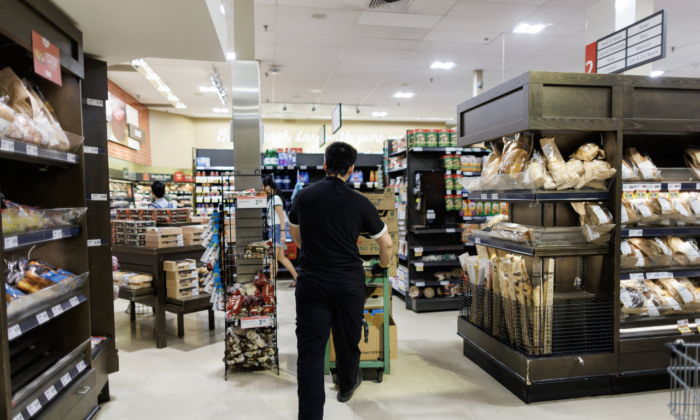Report Finds Canadians Cutting Back on Food Spending Despite Rising Prices
Canadians are spending less of their money on food compared to a year ago despite food inflation remaining high, according to a new report by Dalhousie University.
“Canadians are either wasting less or finding alternative ways to source food outside conventional channels like grocery stores, such as dollar stores and non-traditional grocery discounters,” said Sylvain Charlebois, senior director of the Agri-food Analytics Lab and a professor in food distribution and policy at Dalhousie University.
“Per capita food expenditures in our country have never been as low as they are now.”
“Until July 2021, Canadians were spending more on average than the desired budget to support a healthy diet. Since then, it has clearly been a challenge,” Mr. Charlebois said, adding that consumers are dealing with decreased wealth while facing higher food prices. He said approximately 18 percent of all current retail dollars go toward food, compared to 21 percent in 2017.
Illustrating the change is the prediction form the 2023 report that the total annual food expenditure for a family of four in 2024 would be $16,288.40 for a healthy diet. So far this year, however, the average family is on track to spend $15,595.40—$693 less despite higher food prices.
“In other words, despite our growing population, Canada is becoming poorer, not richer,” he said.
The federal carbon tax was also identified as a concern because it is increasing “without a clear understanding of its long-term effects on food prices,” Mr. Charlebois said.





